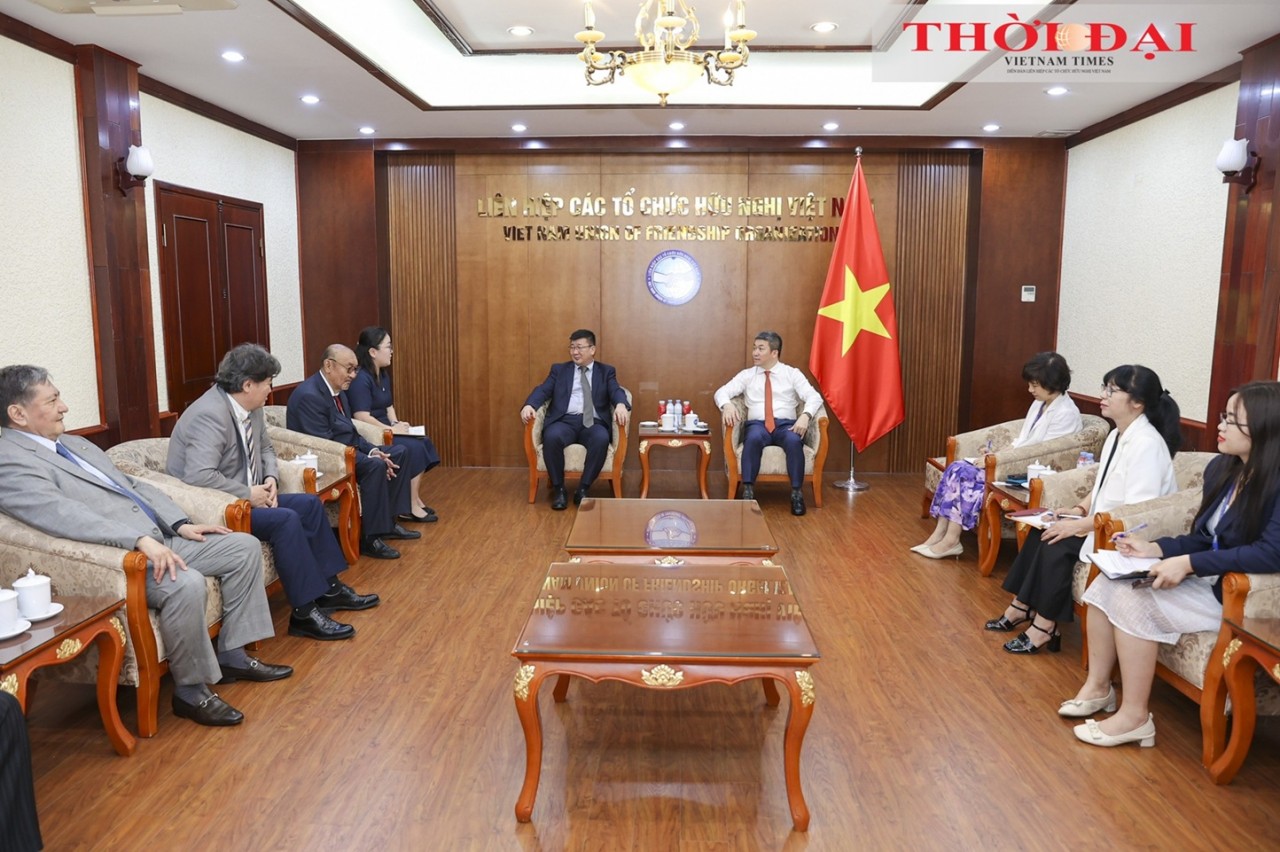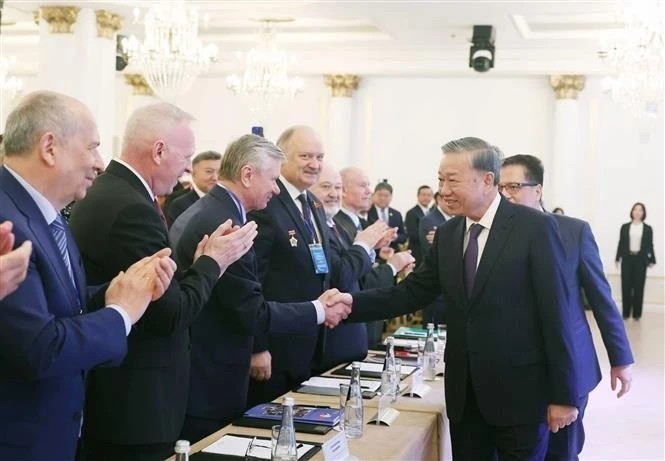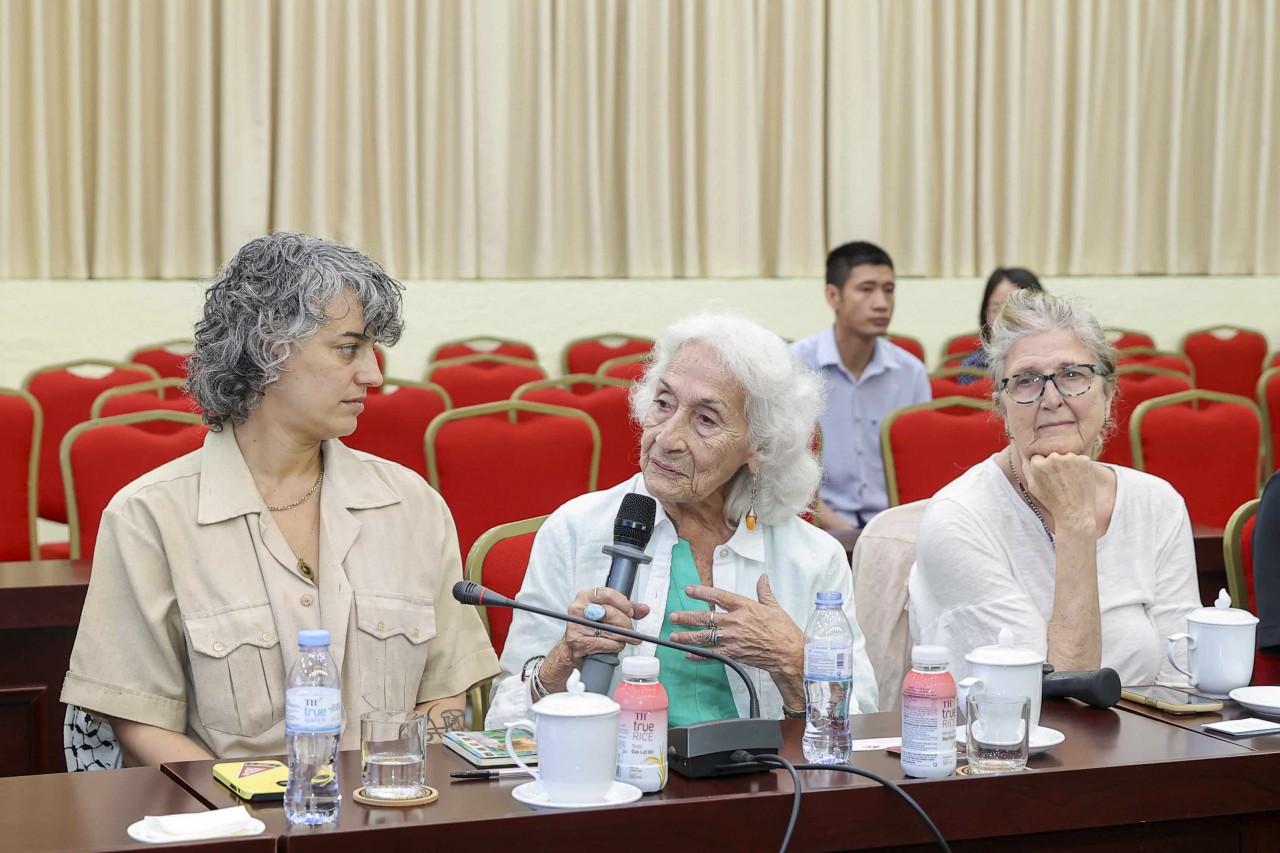Vietnam-Mongolia Relations: New Chapter in Timeless Melody
| VUFO, Mongolian Embassy in Vietnam Discuss Ways to Strengthen Cooperation | |
| 70th Anniversary Celebration of Vietnam-Mongolia Diplomatic Ties |
What are the key highlights of bilateral relations over the past seven decades?
Vietnam and Mongolia established diplomatic relations on November 17, 1954. Mongolia was among the first countries to establish diplomatic ties with Vietnam, and Vietnam was the first Southeast Asian nation with which Mongolia forged such relations.
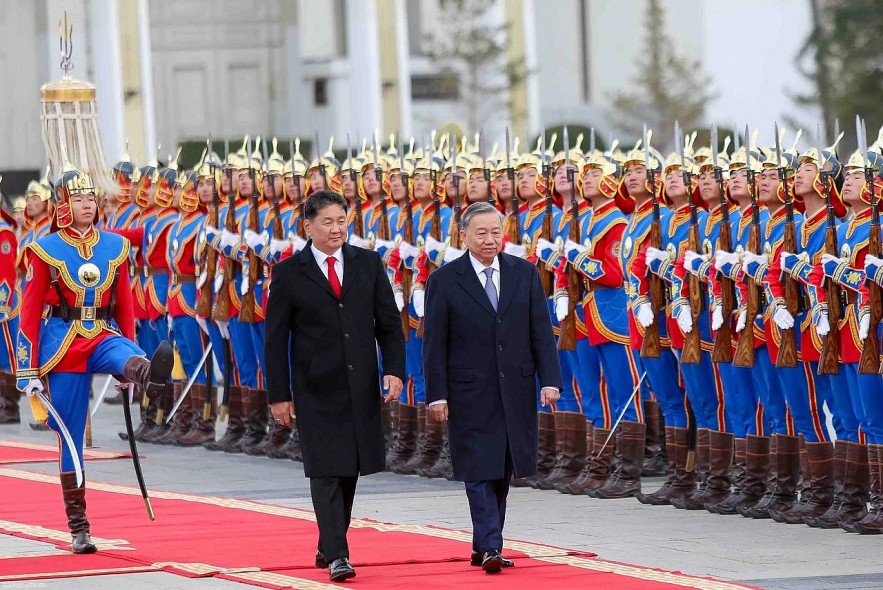 |
| Mongolian President Ukhnaagiin Khurelsukh and General Secretary, President To Lam jointly inspected the honor guard at the welcoming ceremony in Ulaanbaatar on September 30th. (Photo: Nguyen Hong) |
Since then, the cooperative and friendly relations between the two countries have been forged through hardships and challenges, guided by a shared goal of "For the common progress of both nations." These ties have flourished despite geographical distance and cultural differences.
The two nations have consistently upheld a foundation of mutual understanding and trust. The governments and peoples of Vietnam and Mongolia have extended sincere and selfless support to each other during Vietnam’s struggles for independence and reunification, as well as throughout the subsequent periods of renewal and international integration.
Today, Vietnam-Mongolia relations continue to be driven by a mutual desire to develop a partnership focused on the ultimate benefit of their people as the guiding principle and core objective. These relations are deepening and strengthening, with a clear roadmap for further development in the future.
With goodwill and mutual understanding, the leaders of the two nations maintain comprehensive and regular dialogues, mapping out specific steps to enhance bilateral cooperation further.
How do you perceive the new momentum in bilateral relations following the establishment of the Comprehensive Partnership, from government levels to businesses and citizens, and what are your personal expectations?
The State visit to Mongolia by General Secretary and President To Lam (from September 30 to October 1 marked a significant milestone with the elevation of bilateral ties to a Comprehensive Partnership. This reflects the potential, strengths, and historical depth of the relationship, creating fresh momentum for more substantive and effective bilateral relations.
The upgraded partnership not only strengthens cooperation at the government level but also energizes collaborations between businesses and citizens of both countries. The 19th Intergovernmental Committee Meeting (in Hanoi in late November) will feature the participation of ministries, sectors, and businesses from both sides, alongside activities such as the International Trade Fair and the Vietnam-Mongolia Business Forum.
Many enterprises in mining, finance, tourism, education, and retail sectors are actively seeking opportunities for cooperation and expanding investments and business operations.
The commercial flight route, operated by MIAT Airlines, connecting cities in both countries, is expected to launch in December 2024. Charter flights carrying Mongolian tourists to Vietnamese destinations like Hanoi, Nha Trang, and Phu Quoc, and vice versa, will continue, boosting economic and trade ties.
Additionally, cultural and educational exchange programs will enhance mutual understanding and build a solid foundation for the development of bilateral relations.
The elevation of bilateral ties has fostered stronger connections across government, businesses, and citizens, creating new momentum. The people of both countries are enthusiastic, trusting, and collaborating in diverse and effective ways.
I firmly believe that under the guidance of our leaders, the Vietnam-Mongolia Comprehensive Partnership will enter a new phase of effective, practical, and sustainable development, meeting the aspirations and interests of both nations and their people. This partnership not only benefits both countries but also contributes to peace, stability, and development in Asia and the world.
Looking back at history, President Ho Chi Minh's visit to Mongolia in July 1955 and the visit to Vietnam of Yu. Tsedenbal, first secretary of the Mongolian People's Revolutionary Party and chairman of the Council of Ministers in September 1959, laid a solid foundation for the traditional friendship between the two countries. In your opinion, how should this foundation be nurtured in the current international context?
The traditional friendship between Vietnam and Mongolia, established by President Ho Chi Minh and Yu. Tsedenbal, first secretary of the Mongolian People's Revolutionary Party and chairman of the Council of Ministers, has been nurtured by generations of leaders and people of both countries, resulting in a long-lasting and solid relationship. In the current context of rapid and complex global and regional changes, this relationship needs to be further strengthened in several specific directions.
Firstly, we need to enhance economic and trade cooperation. Both Vietnam and Mongolia have great potential in sectors such as agriculture, livestock, minerals, and tourism. To promote economic cooperation, the two countries should encourage investment, increase trade, and expand market access for their products.
Secondly, educational and cultural cooperation should be developed. Cultural and educational exchanges can strengthen the long-standing relationship between Vietnam and Mongolia. Organizing student and faculty exchange programs and cultural events will help people of both countries gain a deeper understanding of each other's traditions and cultures, thereby contributing to building a solid foundation of friendship.
Thirdly, cooperation in defense and security should be promoted. The current international context poses many security challenges in the region, therefore Vietnam and Mongolia need to continue cooperating in security and defense matters. The two countries can cooperate in training, sharing experiences and technologies to ensure common security, and cooperating to maintain regional peace and stability.
Fourthly, multilateral cooperation on the international stage must be strengthened. Both Vietnam and Mongolia play important roles in international and regional forums such as the United Nations, WTO, APEC, ASEM, and ASEAN. Close cooperation in these forums will help both countries enhance their international standing and protect common interests while demonstrating mutual support on global issues.
Fifthly, it is necessary to share experiences in sustainable development. Both Vietnam and Mongolia are facing challenges related to climate change and sustainable development. Therefore, the two countries can cooperate and share experiences in areas such as green energy, clean energy, resource management, environmental protection, and climate change response.
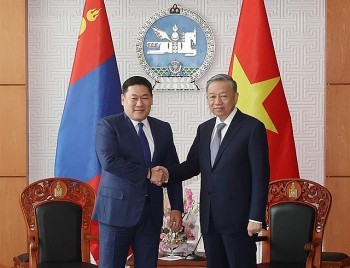 | Vietnam, Mongolia Open Doors for Mutual Trade Vietnam and Mongolia have agreed to open their markets to each other's goods, to increase bilateral trade to US $200 million. |
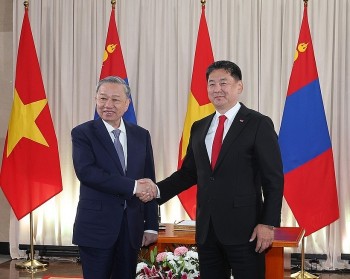 | Top Leader’s Tour of Mongolia Promises New Cooperation Chances Ambassador Nguyen Tuan Thanh said that the visit to Mongolia by General Secretary and President To Lam is historic, bringing the Vietnam-Mongolia relationship to new ... |
Recommended
 Focus
Focus
Vietnam Leaves Imprints on the World Peacekeeping Map
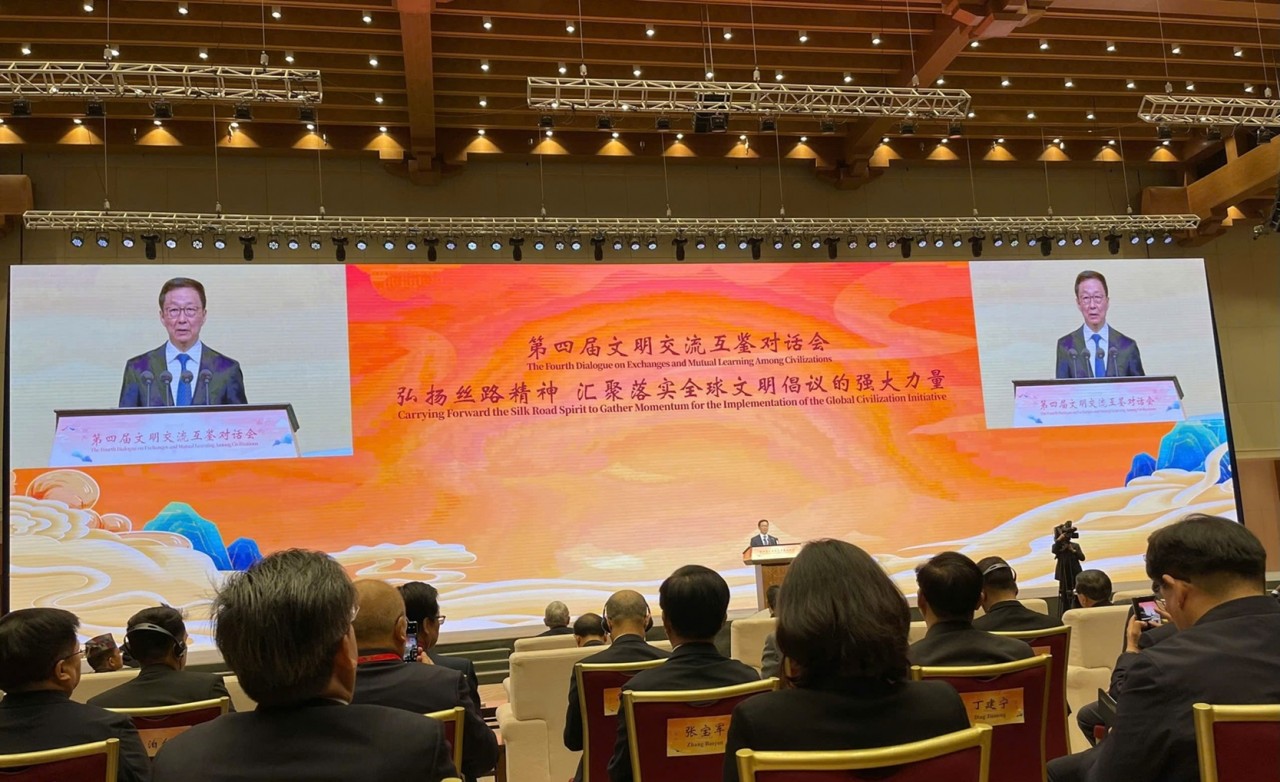 Friendship
Friendship
VUFO Attends Fourth Dialogue on Exchange and Mutual Learning among Civilizations
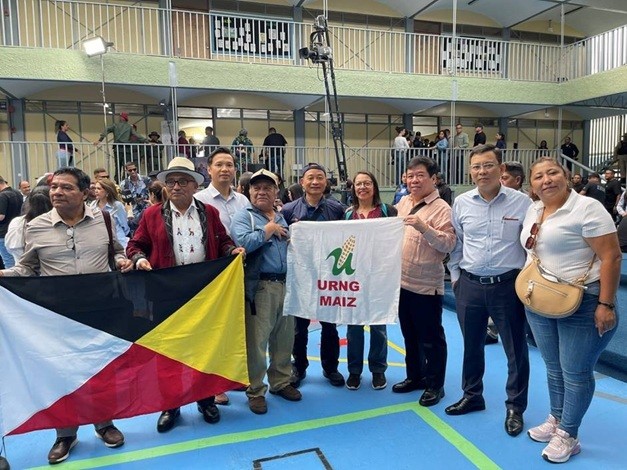 Focus
Focus
Strengthen Solidarity and Friendship Between Vietnam and Venezuela
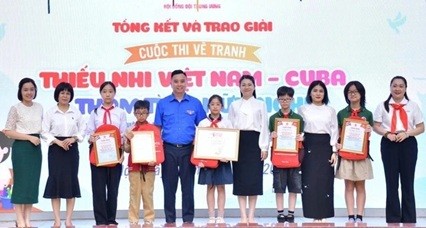 Focus
Focus
"Vietnamese - Cuban Children, Deep Friendship" Painting Contest Announces Winners
Popular article
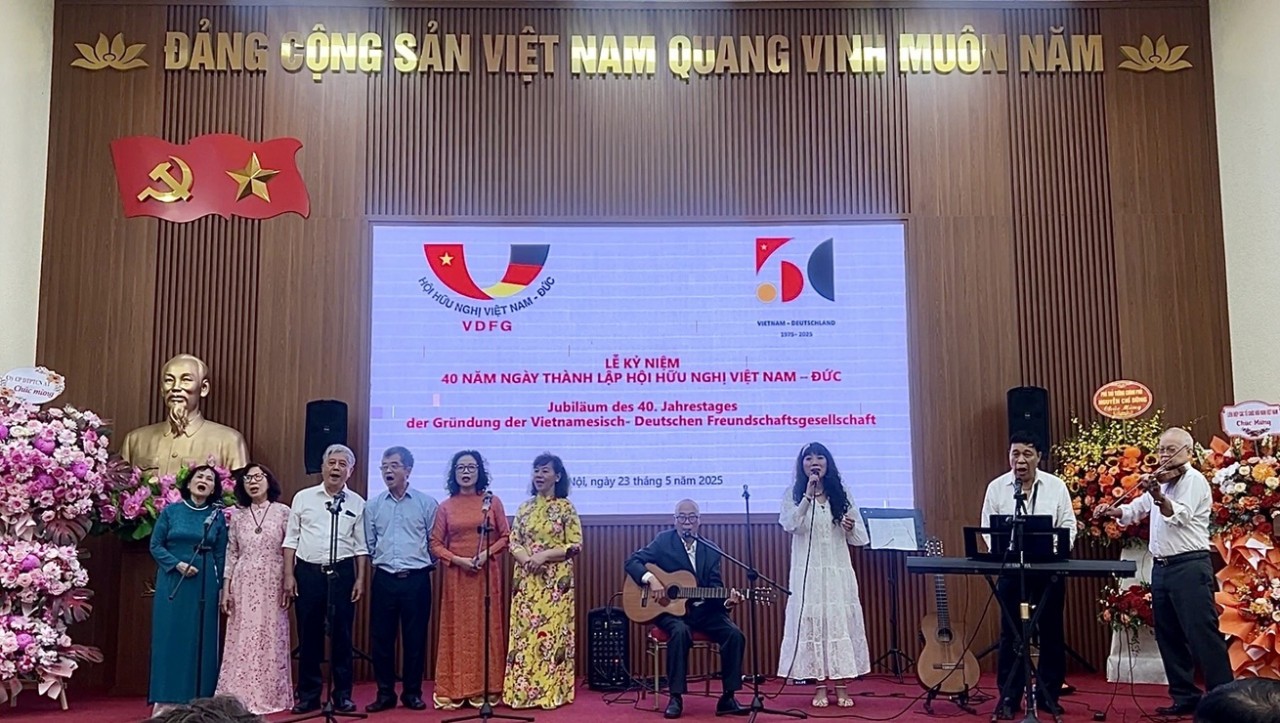 Focus
Focus
Solid Bridge for People-to-people Relations between Vietnam and Germany
 Focus
Focus
35 Years of FES in Vietnam: Fostering Dialogue, Advancing Equity
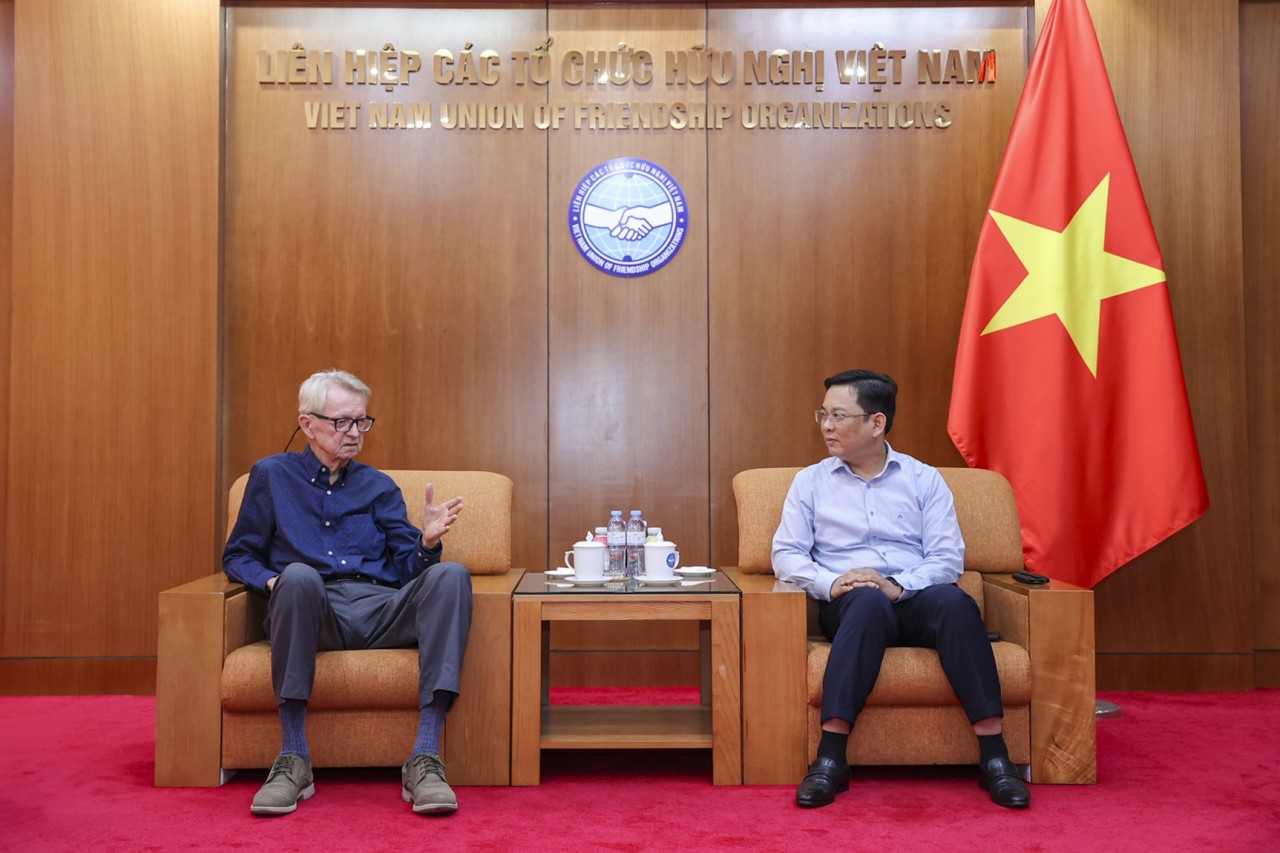 Friendship
Friendship
VUFO Appreciates Contributions of American Veterans in Overcoming Consequences of War
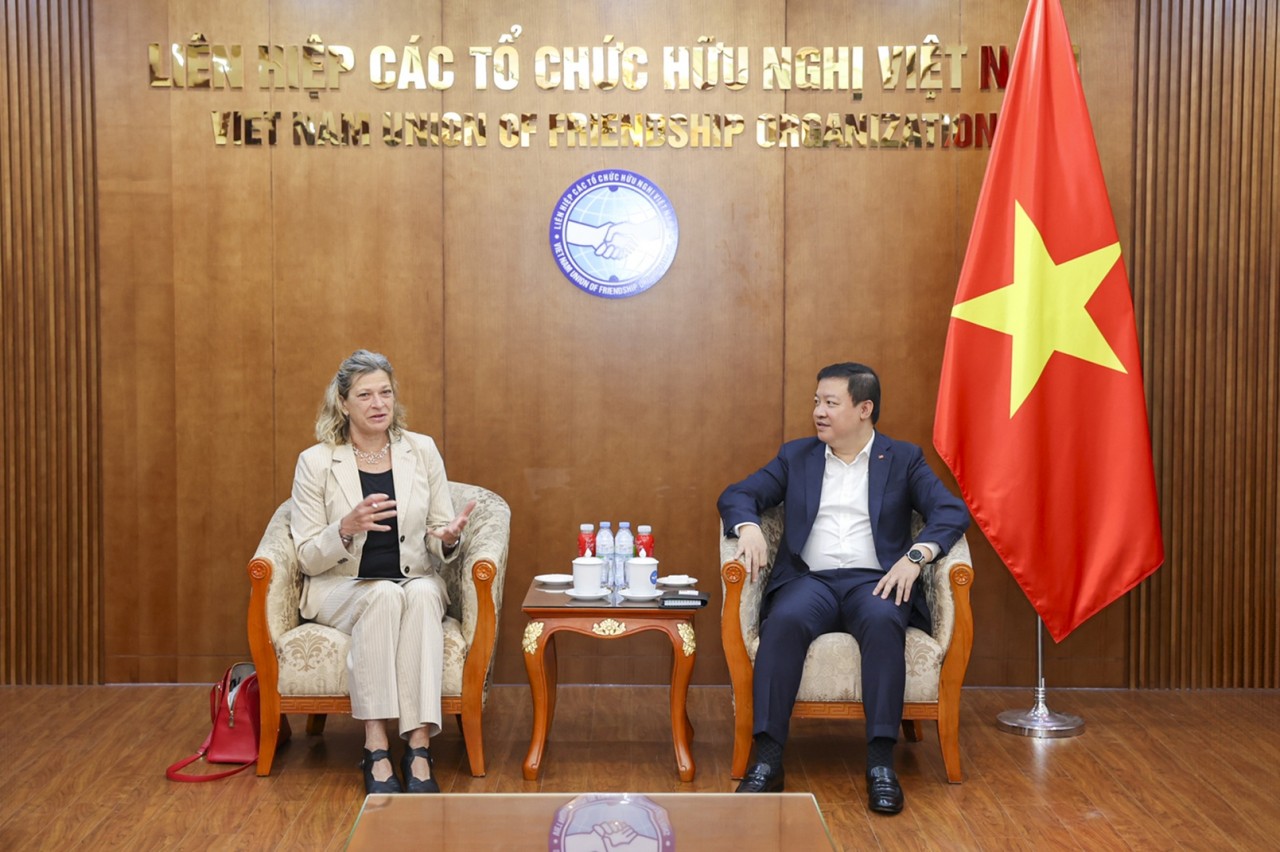 Focus
Focus




